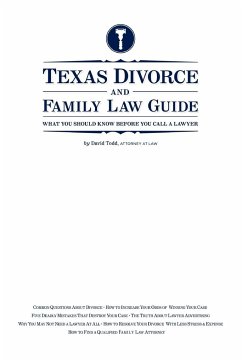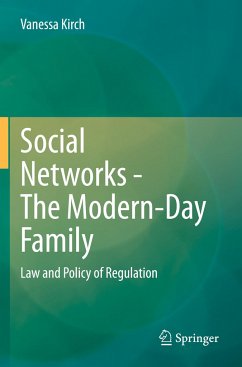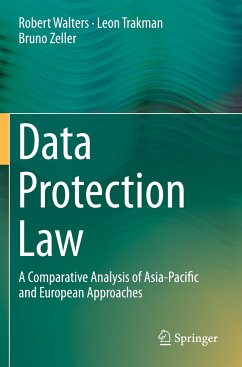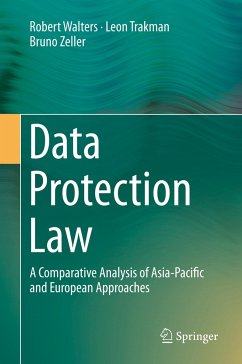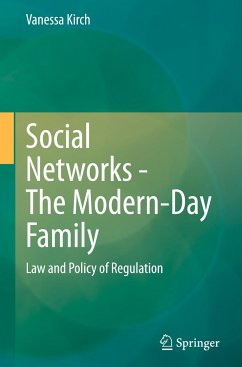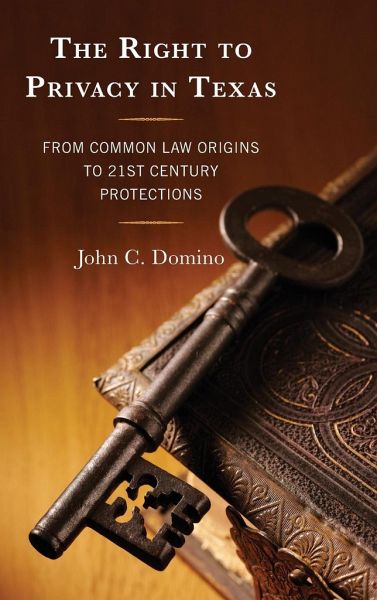
Right to Privacy in Texas
From Common Law Origins to 21st Century Protections
Versandkostenfrei!
Versandfertig in 1-2 Wochen
96,99 €
inkl. MwSt.
Weitere Ausgaben:

PAYBACK Punkte
48 °P sammeln!
John C. Domino examines the origins and development of the right to privacy in Texas, beginning at a time when the state's courts had not yet recognized the common law tort doctrines and state constitutional provisions that protect privacy, and culminating with the adoption of a robust right in groundbreaking cases. The author argues that contrary to the common perception that the right to privacy instantly sprang forth from U.S. Supreme Court cases such as Griswold v. Connecticut, Texas privacy law evolved incrementally and has never extended to matters concerning reproduction, abortion, and ...
John C. Domino examines the origins and development of the right to privacy in Texas, beginning at a time when the state's courts had not yet recognized the common law tort doctrines and state constitutional provisions that protect privacy, and culminating with the adoption of a robust right in groundbreaking cases. The author argues that contrary to the common perception that the right to privacy instantly sprang forth from U.S. Supreme Court cases such as Griswold v. Connecticut, Texas privacy law evolved incrementally and has never extended to matters concerning reproduction, abortion, and sexuality. Privacy in Texas can best be understood as the right to be "let alone," in the parlance of Warren and Brandeis's famous 1890 Harvard Law Review article, and not "privacy as autonomy." The day-to-day lives of individuals in their homes, schools, and businesses in Texas are affected far more by state court rulings and statutes than by the decisions of federal courts. Further, the state's statutory data and consumer privacy protections are among the most innovative in the nation. Yet, at the same time, the right to privacy in the state has significant limitations and fails to protect many Texans from government intrusions in the area of reproductive health and sexual intimacy.






